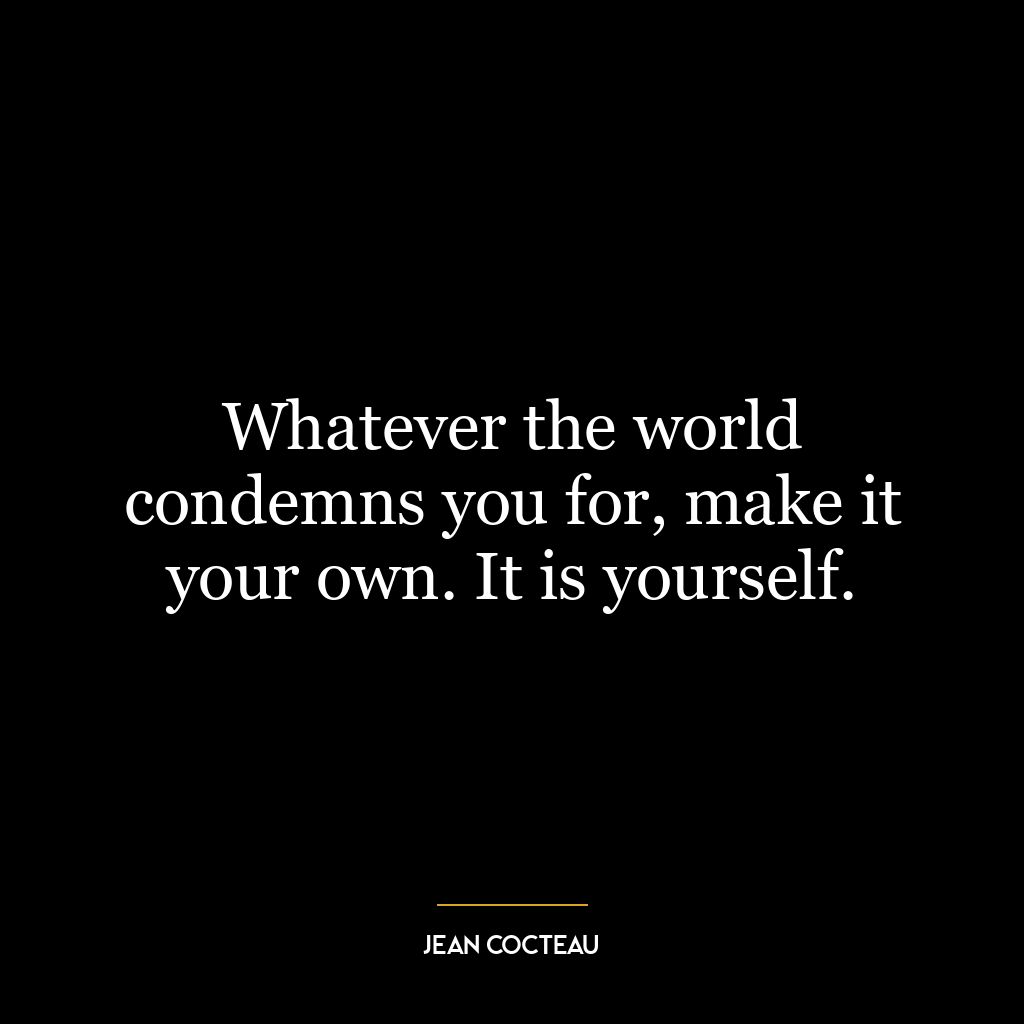We believe the world changes when the boldest thinking is directed at the toughest problems
The quote, “We believe the world changes when the boldest thinking is directed at the toughest problems,” is an assertion that transformative change requires two key ingredients: bold thinking and tough problems. Bold thinking refers to innovative, out-of-the-box, and daring ideas that challenge the status quo, while tough problems are the complex issues that society faces, often considered too difficult to solve.
The relationship between these two elements is symbiotic. Tough problems necessitate bold thinking because traditional methods often fail to resolve them. Conversely, bold thinking is stimulated by tough problems, as they challenge thinkers to push beyond their comfort zones and come up with innovative solutions.
In essence, the quote suggests that world-changing ideas emerge from a willingness to confront and engage with the most challenging issues in society, rather than avoiding them or settling for easy answers. It’s an invitation to embrace complexity and uncertainty, daring to envision and enact new possibilities.
In today’s world, this idea is applicable in various contexts, from science and technology to social justice and environmental sustainability. For instance, addressing the climate crisis requires bold thinking—new technologies, new economic models, and new ways of living—that is directly targeted at this tough problem. In the realm of social justice, dismantling systemic racism or gender inequality calls for innovative approaches that challenge deeply ingrained prejudices and structures.
On a personal development level, this quote encourages individuals to tackle their most daunting challenges head-on, using them as catalysts for growth and transformation. Rather than shying away from difficult tasks or problems, one should approach them with courage, creativity, and a willingness to think differently. Whether it’s overcoming a fear, developing a new skill, or changing a harmful habit, bold thinking directed at tough problems can lead to significant personal growth.











